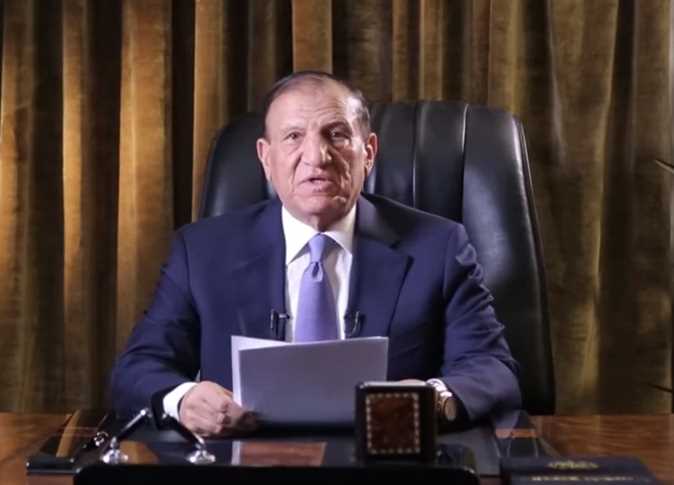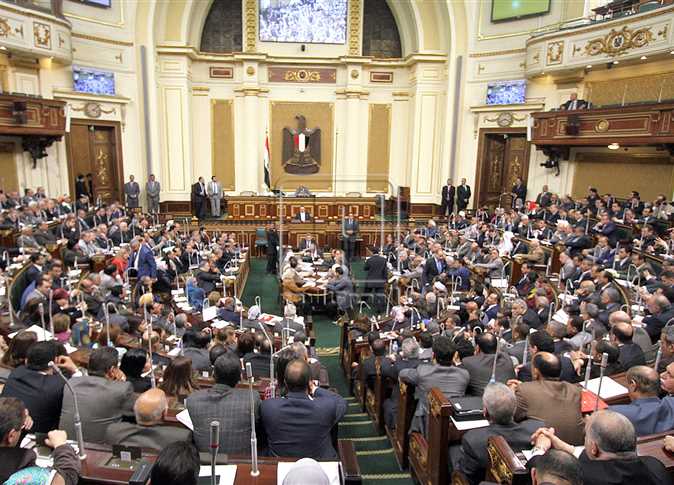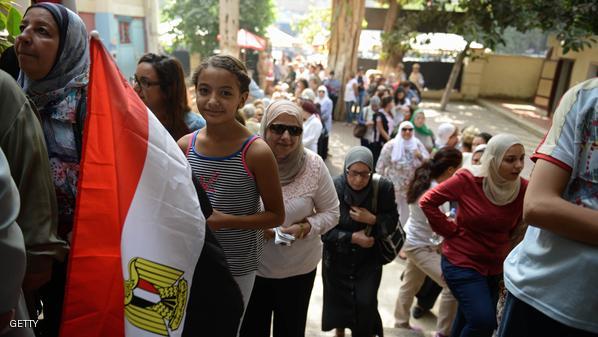Egypt’s ruling military has agreed with political parties not to prolong the transition period beyond 2012.
In a meeting with several chairmen of Egyptian political parties on Saturday, the deputy president of Egypt’s ruling Supreme Council of the Armed Forces (SCAF), Sami Anan, assured attendants that the council does not intend to prolong the transition period. He stressed the council’s commitment to a clear timetable for handing over power to a civilian government.
According to Anan, the People’s Assembly, Egypt’s lower house of legislation, will start its sessions by mid January, following the declaration of election results. Elections are scheduled for 28 November.
As for the Shura Council, Egypt’s upper house, Anan said it will start its activities on 24 March. He explained that a joint meeting by both houses will be held late March or early April, where MPs will select the panel to be tasked with drafting the country’s new constitution.
The selection of the panel’s members will be done according to an ethical code to be agreed upon by various political groups, Anan pointed. He added that as soon as the voting results for the constitution are declared, the door will be opened for presidential nominations. A new president will be elected within 45-60 days following the constitutional vote, he said.
Anan said local and foreign civil groups and media outlets are welcome to follow up the electoral process so as to be assured of its transparency.
Anan also revealed that the military council had adopted a comprehensive plan to secure the elections. He added that a joint panel comprising provincial military and police officials, as well as members from the High Elections Commission had been tasked with selecting locations for polling stations and deciding security measures needed.
Military inspection units will check the validity of the polling process at each voting location, according to the plan. Anan said the electoral commission will, within days, declare the rule regulating the process in terms of funding, propaganda, and security so as to ensure fair elections.
During the meeting, the SCAF also agreed to amend Article 5 of the new electoral law, which bars partisan candidates from running independently. The council also revealed it is considering the possibility of cancelling the controversial Emergency Law.
Anan also said the council decided to halt military tribunals for civilians except for charges punishable by the military law. He pointed out that the council is mulling legislation that bars members of the previously-ruling National Democratic Party (NDP) from political activity.
The meeting with Anan was attended by al-Sayed al-Badawy, chairman of Wafd Party; Mohamed Morsy, head of the Freedom and Justice Party; Al-Sayed Saeed Kamel, chariman of the Democratic Front Party; Mohamed Anwar Sadat, head of the Reform and Development Party; Mohamed Abul Ghar, head of the Egyptian Social Democratic Party; Nabeel Deibes, chairman of the Modern Egypt Party; Emad Abdel Ghafour, chairman of Nour Party; Mohamed Samy, chairmain of Karama Party; Mohamed Abul Ela, chairman of Arab Nasserist Party; Mostafa al-Naggar, chairman of Adl Party; Ahmed Saeed, chairman of Free Egyptians Party; Aly Freig, chairman of Arab Justice and Equality Party; and Rami Lakah, chairman of Misruna Party.
On Saturday, a number of political movements and parties that were excluded from the meeting sharply criticized the military council. They said that most of the parties invited to the meetings were "cartoonish," and did not participate in the revolution. Some accused the SCAF of being too selective inviting groups for the discussions.
Ahmed Drag, the coordinator of the National Assembly for Change, said the SCAF intended to invite certain parties that did not represent the people. These meetings were like "dictation classes" where the political forces scarcely talk and listen most of the time to military leaders, he said.
Drag said the demands of the revolution were already known and the parties had submitted them to the military council before.
The military leaders do not need someone to remind them of the demands, said Drag, adding that no single political faction has the right to negotiate away people's demands.
Ahmed Maher, the coordinator of April 6 Youth Movement, fiercely criticized the political parties that accepted the SCAF’s invitation, saying they were the same parties that supported Safwat al-Sherif, former secretary general of the NDP, before the revolution. He added most of these parties used to attack the young protest movements before the revolution.
Salah Adly, chairman of the Communist Party, said the military rulers always, whenever pressed by protests, invite parties to meetings and later on do not implement demands agreed upon. He said the meetings were" useless."
"Whenever we go for a meeting with the SCAF we find that half of the guests are former NDP members," said Essam Sultan vice president of Wasat Party, adding his party decided not to attend any SCAF meetings thereafter.
Ahmed Gebaily, chairman of the Shaab Party, also criticized the SCAF meetings, saying they were "selective" and excluded many parties.
Translated from the Arabic Edition




